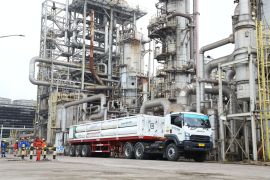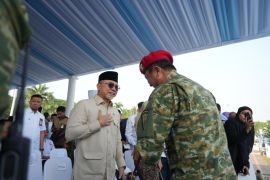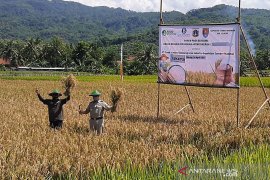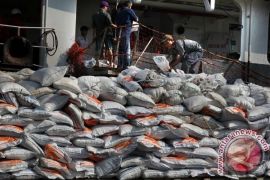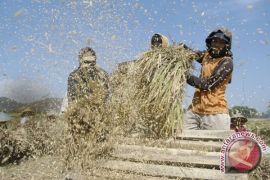Residents, particularly the younger generation, often view agricultural work as dirty and backward, as no educational expertise is needed for the job, the deputy governor noted.
"Change those negative stigmas through the implementation of agricultural technology, hence, farming will be seen as a cool job among the younger generation," Sukawati said while speaking to students of the Agricultural Technology Faculty of Udayana University here on Saturday.
He urged higher educational institutions in Bali running study programs on food and agriculture to help prepare quality human resources with expertise in innovation and technology.
The participation of all parties, including the government, is essential to bolster food security, especially in Bali province, the deputy governor underlined.
"The Bali provincial authority is mindful of food security and resilience in the province. Some measures that the provincial authority has taken are to balance the supply and demand," he said.
The provincial authority has also exerted control on agricultural land function shift, explored alternative regional food sources, promoted local agriculture products at Bali hotels and restaurants, and developed organic farming, he added.
Those measures are essential to bolster food security and resilience given the limited agricultural land in the province.
"The high (agricultural land) functional shift reaching more than one thousand hectares annually can potentially cause various issues," he said.
The potential issues that could arise from the functional shift include scarcity of agricultural land, population increase leading to food scarcity, and declining interest among the younger generation in the agricultural sector, he added.
Related news: KTNA asked to digitize agriculture to attract millennials
Related news: Minister invites millennials to become farmers, agripreneurs
Translator: Ni Putu Putri M, Nabil Ihsan
Editor: Rahmad Nasution
Copyright © ANTARA 2022




